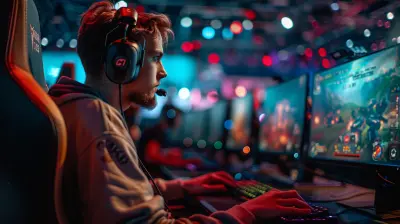Understanding Hit Registration and Lag Compensation in FPS Games
29 August 2025
If you’ve ever played an online first-person shooter (FPS) and found yourself yelling at your screen because your perfectly aimed shots didn’t seem to hit their target, you’re not alone. Most FPS players have experienced this frustration. It’s one of the most debated and confusing aspects of multiplayer gaming: hit registration and lag compensation. These two technical features can make or break your gaming experience.
In this post, we’re going to break it all down into plain English. By the time you’re done reading, you’ll have a clear understanding of what hit registration and lag compensation are, how they work, and why they sometimes seem like they’re out to ruin your kill streak. Let’s dive in!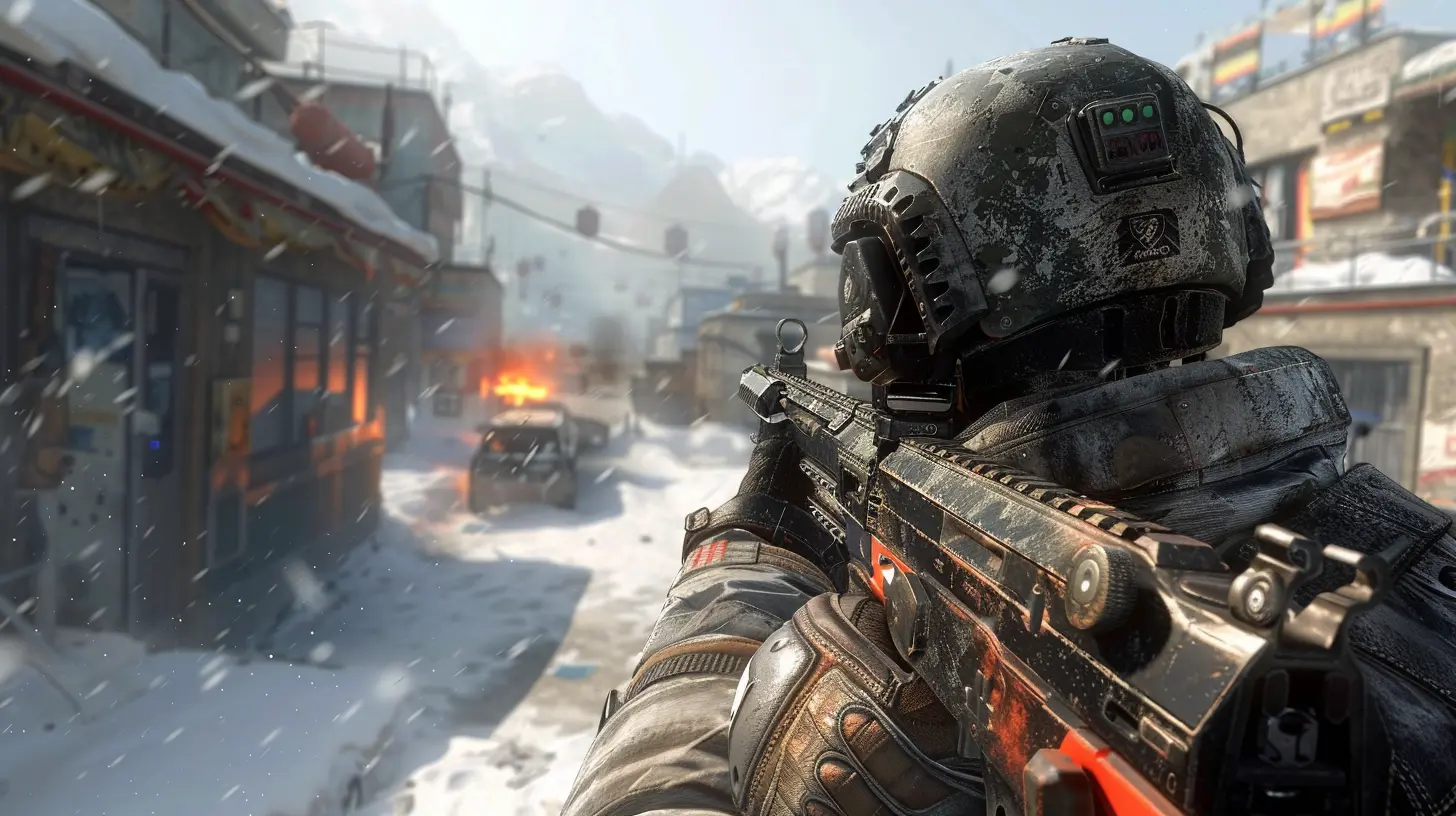
What Is Hit Registration?
Let’s start with the basics. Hit registration, often called “hit reg” by gamers, is the process where the game determines if your bullet (or whatever weapon you’re using) actually hits an enemy. It sounds simple, right? You aim, shoot, and if your crosshair is on target, it should be a hit. But in multiplayer games—especially online ones—things get a lot more complicated.Here’s the thing: the game doesn’t just take your screen at face value. There are multiple factors involved in hit registration, including your internet connection, the server's processing power, and even how the game itself handles physics.
For example:
- Your input (like shooting or swinging a melee weapon) is sent to the server.
- The server checks where your opponent was at that exact moment based on their inputs and latency.
- Finally, the server decides whether your shot hit or missed.
The problem? This entire process takes time, and when you add lag, latency, and packet loss into the mix, things can go sideways pretty fast.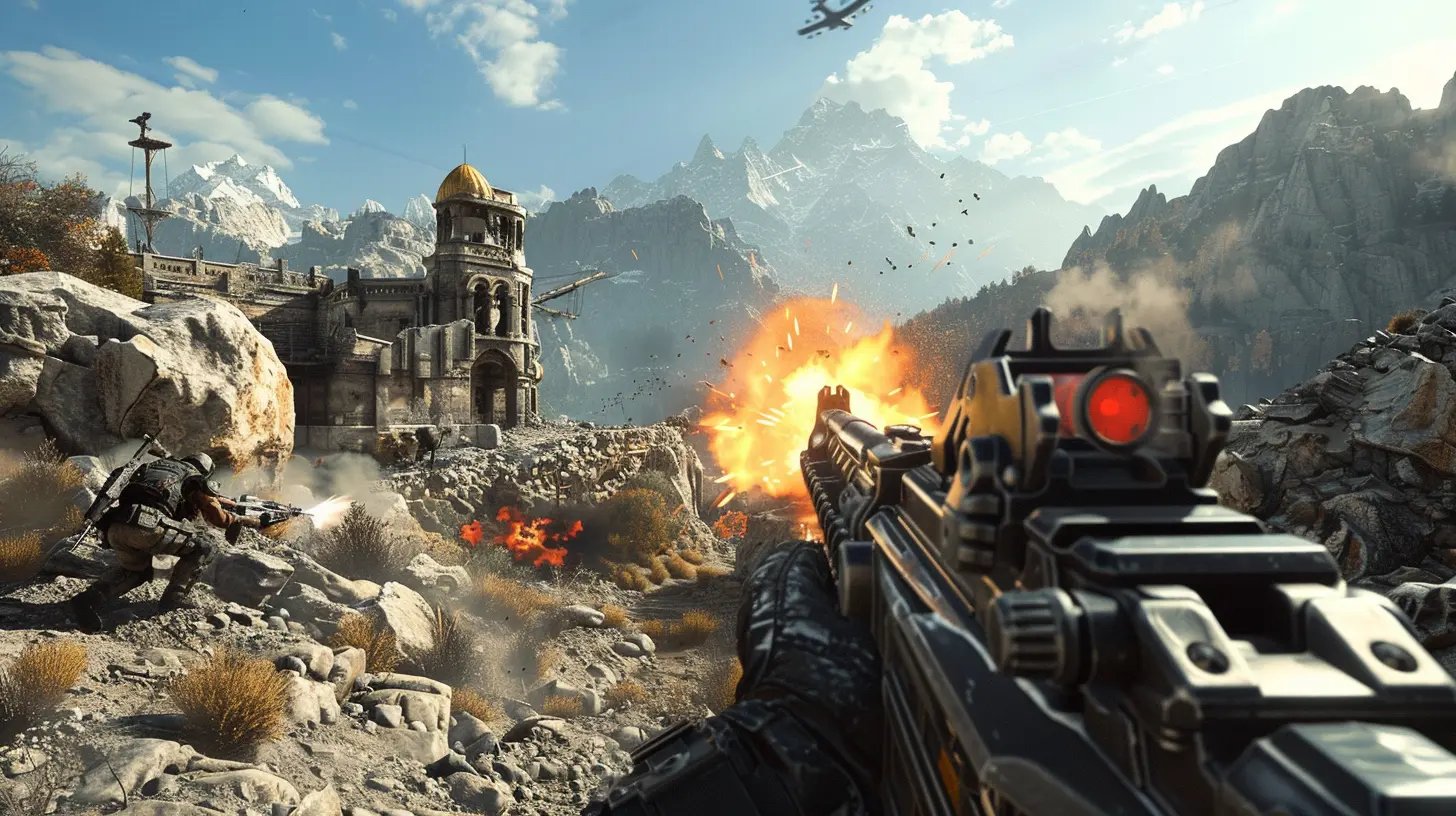
What Causes Bad Hit Registration?
Sometimes, it feels like no matter how perfect your aim is, the game just doesn’t register your shots. Why does that happen? Here are a few culprits:1. Latency (a.k.a. Ping)
Latency is the delay between your action (shooting) and the server’s reaction (processing the hit). Measured in milliseconds (ms), a higher ping means a bigger delay. If you have, say, 150ms ping, what you see on your screen might already be outdated compared to what the server sees.2. Tick Rate
Tick rate is how often the server updates everything happening in the game. For instance, a 60-tick server updates 60 times per second, while a 120-tick server updates 120 times per second. A higher tick rate generally leads to better hit registration because the server has more data points to work with, but not all games or servers offer this luxury.3. Packet Loss
When data packets traveling between your device and the server get lost or delayed, weird things happen. Your bullets might not register, players might teleport, or you could outright disconnect. Think of packet loss as your internet’s version of misplacing important mail.4. Server-Side Issues
Sometimes, it’s not your fault at all. If the server itself is lagging or overloaded, hit registration can suffer, and everyone on the server might experience delays, ghost shots, or rubber banding.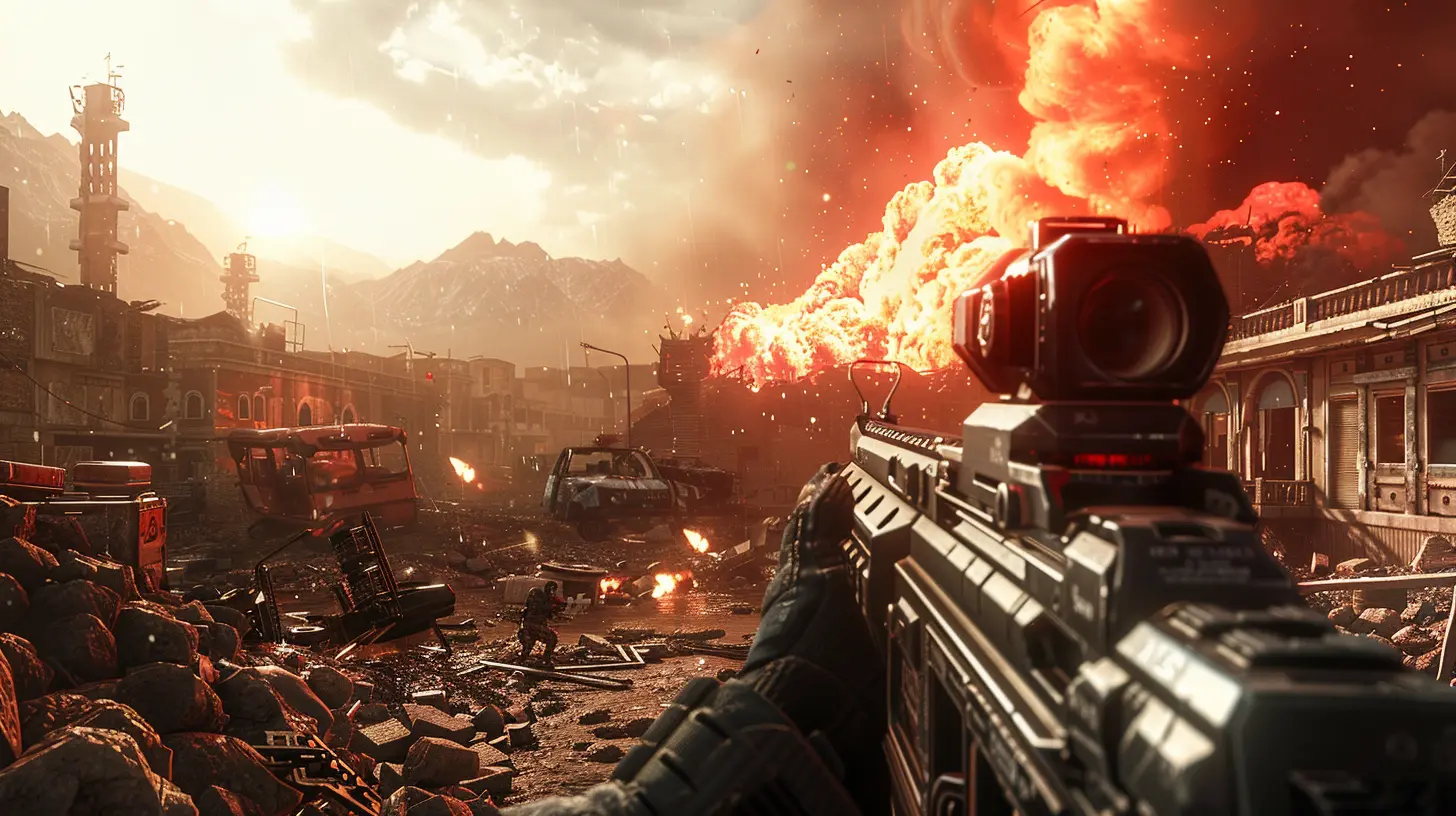
Enter Lag Compensation: The Unsung Hero (and Villain)
Now let’s get to the big one: lag compensation. This is the system that games use to level the playing field in terms of latency. Without lag compensation, anyone with a higher ping would be at a serious disadvantage, as their actions would always arrive at the server later than those of low-ping players.How Lag Compensation Works
Think of lag compensation as the game's ability to "rewind time." When you shoot at an opponent, the game doesn’t just look at where they are now—it tries to figure out where they were when you shot. This is done using timestamps provided by players' devices. Essentially, the server rewinds back to the point in time where your shot happened and decides whether it should count as a hit.For example:
- You’re playing on a 50ms ping.
- Your opponent is running behind cover.
- If you shoot right before they duck, the lag compensation system rewinds to the point just before they went behind cover to decide if your shot landed.
Sounds genius, right? Well, it is—mostly. But it’s also why things can sometimes feel off.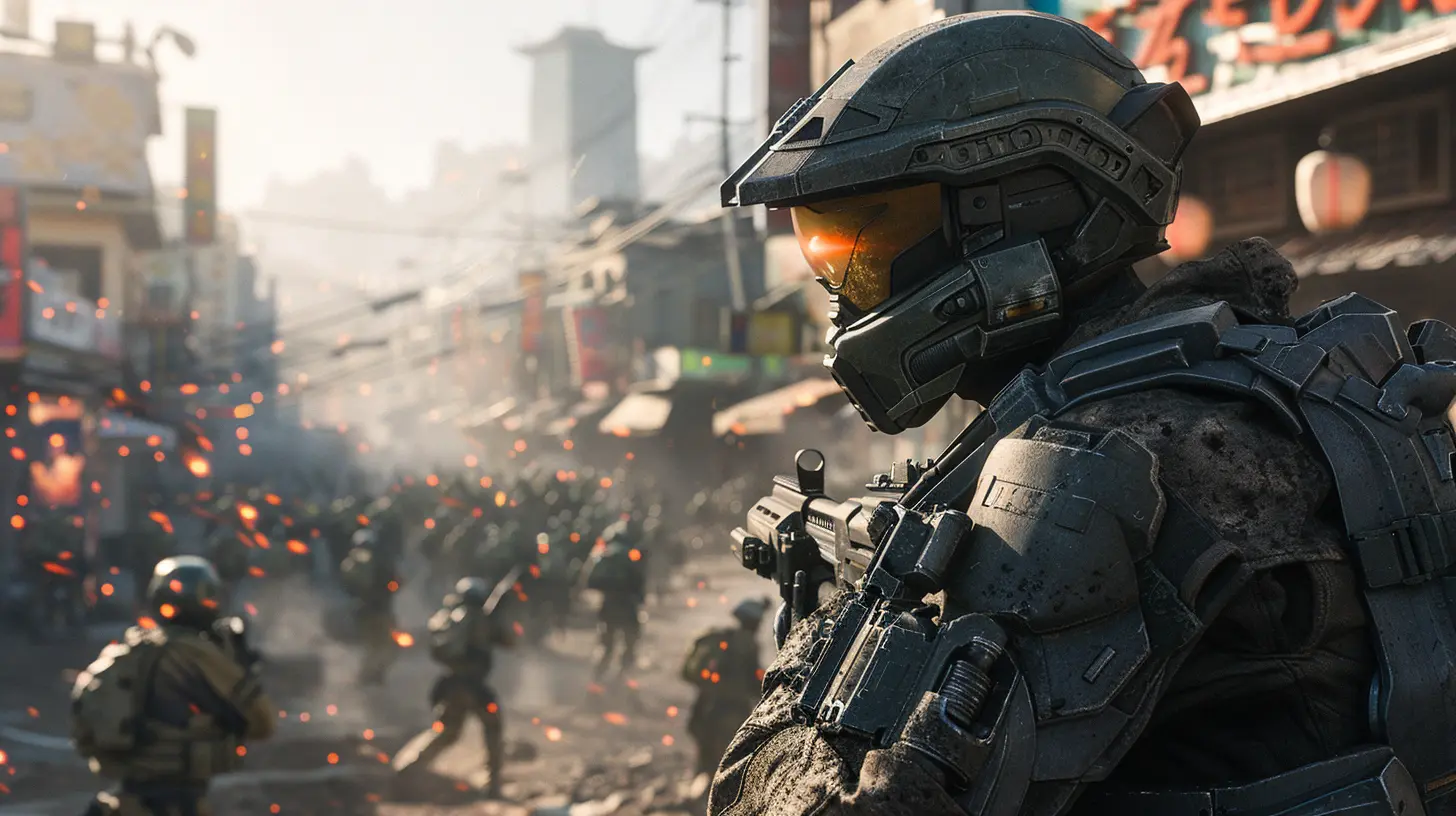
The Downsides of Lag Compensation
While lag compensation is designed to make online gaming fairer, it can occasionally backfire. Here are some common issues:1. High Ping Abuse
Players with ridiculously high ping (like 200ms or more) can sometimes benefit from lag compensation. To the server, they’re living in the past, so their actions can seem delayed but still register as hits. If you’ve ever felt like someone killed you from around a corner after you were already in cover, this could be why.2. Desynced Player Models
Lag compensation isn’t perfect. Sometimes, what you see on your screen doesn’t quite line up with what the server thinks happened. This can lead to situations where you shoot directly at someone, but the game says you missed because, according to the server, they were slightly to the left or right.3. “Favor the Shooter” Mechanic
Many games implement a “favor the shooter” system, which prioritizes the shooter’s perspective over the target’s. While this can reduce the frustration of your shots not registering, it can also create situations where you’re hit by bullets that shouldn’t have landed, at least from your perspective.Can You Improve Hit Registration and Reduce Lag?
So, what can you do to make sure your shots count? While you can’t control everything—especially on the server side—there are steps you can take to improve your experience.1. Lower Your Ping
- Use a wired connection instead of Wi-Fi to reduce interference and packet loss.- If available, choose game servers closer to your location.
- Use gaming-friendly internet services that prioritize low latency.
2. Optimize Your Game Settings
- Adjust your FPS settings to maintain a stable frame rate.- Disable background applications that might hog your bandwidth.
3. Practice Movement and Positioning
Even with perfect hit registration, your aim and positioning matter just as much. Learning to predict enemy movements can give you an edge in winning those tricky fights.4. Monitor Server Performance
If a game lets you see the server’s tick rate or ping, keep an eye on it. If the server is unstable, it might explain why your shots aren’t registering.The Future of Hit Registration and Lag Compensation
As technology advances, game developers are continually finding new ways to reduce the frustrating effects of bad hit registration and lag. Innovations like rollback netcode (used in some fighting games) and adaptive server updates are paving the way for smoother multiplayer experiences.However, it’s worth remembering that no online game will ever feel 100% perfect. There will always be variables—network issues, server hiccups, and even hardware limitations—that can throw things off. But by understanding how these systems work, you can at least start to separate bad luck from bad gameplay mechanics.
Wrapping It Up
Hit registration and lag compensation are the backbone of any multiplayer FPS. They’re the unsung heroes that make online gaming possible, as well as the scapegoats whenever things go wrong. The next time your shots don’t land or you get hit behind cover, take a deep breath and remember: it’s not personal, it’s technical.At the end of the day, the best thing we can do as gamers is keep our setups optimized, stay informed about how games handle these systems, and, most importantly, avoid smashing our keyboards in frustration. (Because let’s face it, keyboards ain’t cheap!
all images in this post were generated using AI tools
Category:
First Person ShooterAuthor:

Pascal Jennings
Discussion
rate this article
1 comments
Rina McLaury
Great article! Understanding hit registration and lag compensation can elevate our gaming experience. Mastering these concepts empowers us to improve our skills and enjoy FPS games to the fullest. Keep gaming strong!
September 11, 2025 at 4:37 PM

Pascal Jennings
Thank you! I'm glad you found it helpful. Mastering these concepts can truly enhance our gaming experience! Keep gaming!


